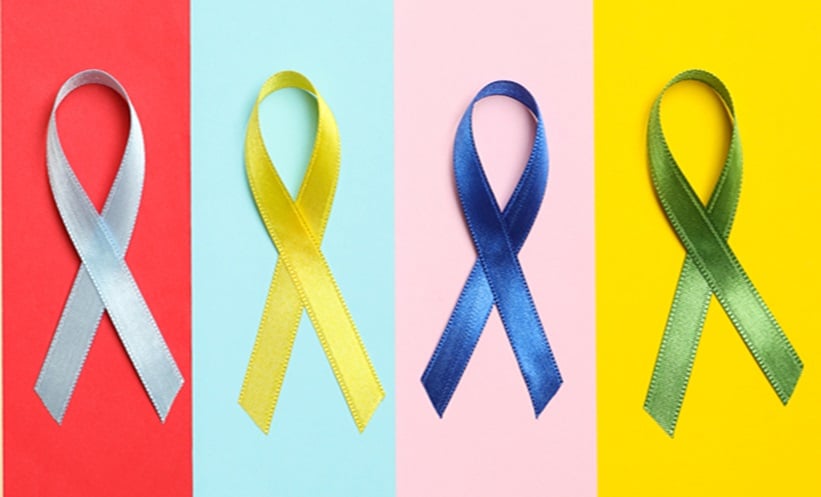The cancer-immunity cycle (CIC) offers a structured model to understand the interactions between the immune system and cancer, highlighting how immune responses impact disease progression. The study aims to customise CIC profiles for patients, providing insights into which stages of the cycle are most relevant for tailored cancer therapies and diagnostics.
In this research, anonymised data from clinical trials testing atezolizumab, an immunotherapy, in advanced urothelial carcinoma (UC) and non-small cell lung cancer (NSCLC) were analysed. Two strategies were employed to examine how gene expression within specific CIC stages correlates with patient outcomes. The first approach focused on individual genes linked to various stages of the CIC, while the second used a multi-gene analysis to assess immune activity within the cycle.
In the gene-specific approach, researchers identified around 100 key genes out of 4,000 CIC-associated candidates, which differentiated responders from non-responders to treatment in both UC and NSCLC groups. Key genes such as TRNT1, CD74, and JAK3 were identified as significant markers across different CIC stages. The gene markers achieved a classification accuracy of 73% in UC and 72% in NSCLC, suggesting a promising basis for predicting patient responses.
The multi-gene approach involved creating Immune FITness (IFIT) scores, which reflect the level of immune activity at various CIC stages. The analysis revealed that CIC stages 5C and 6 were strongly associated with overall survival, linked to T-cell infiltration and cancer cell recognition within tumours. Stage 6, in particular, involved key mechanisms like antigen processing, while stage 5 highlighted pathways crucial for immune signalling, such as PI3K and T-cell receptor pathways.
In summary, this study identifies specific gene signatures and highlights the IFIT score’s utility for stage-based risk assessment in cancer therapy. Gene-specific markers and multi-gene profiling provide complementary insights, with each approach capturing distinct biological processes within the CIC. Ongoing validation efforts seek to extend these findings across other cancers and in earlier stages of disease, aiming to refine the CIC model as a foundation for personalised cancer treatment and diagnostics.
Katie Wright, EMJ
Reference
Aghababazadeh FA et al. Harnessing the cancer immunity cycle via machine learning models to generate novel strategies for personalized cancer therapy. Journal for ImmunoTherapy of Cancer. 2024;DOI:10.1136/jitc-2024-SITC2024.1197.






